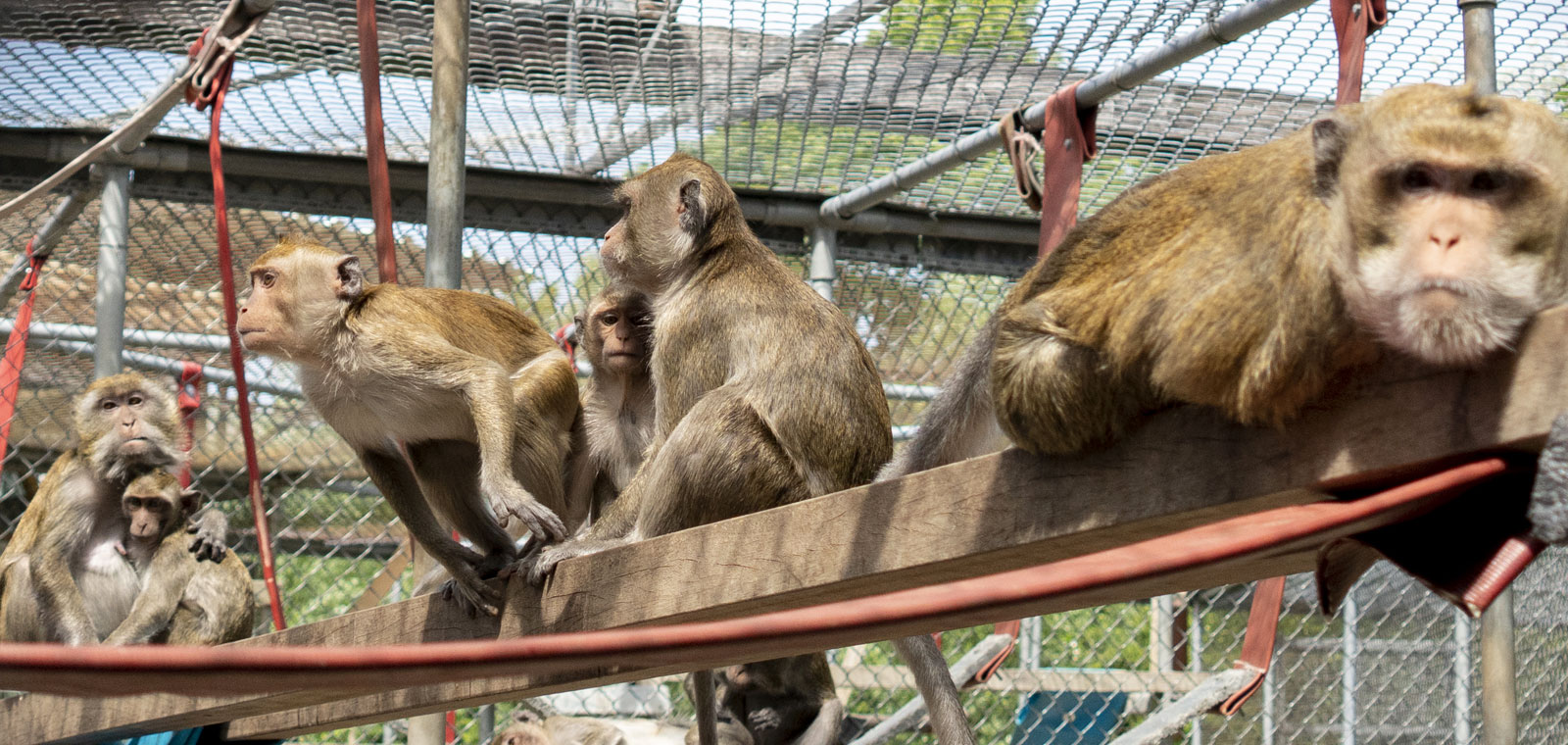
The Leuven vaccine is based on the yellow fever vaccine. This vaccine is used since 1937, making it one of the oldest and safest vaccines in the world. Scientists from KU Leuven have now converted the yellow fever vaccine in such a way that it offers protection against SARS-CoV-2, the virus that causes COVID-19.
The new vaccine has been provisionally named YF-S0 where YF stands for yellow fever, and S0 stands for a specific form of the spike protein on the outside of the coronavirus.
Rodent test results
Hamsters are used relatively little for biomedical research. Still, they are crucial for COVID-19 research. Hamsters develop COVID-19 symptoms after exposure to SARS-CoV-2, including lung damage and weight loss. That is why KU Leuven first tested the experimental vaccine in hamsters. The study showed that vaccinated hamsters had high levels of antibodies against the virus and were protected against the disease. The downside of biomedical research in hamsters is the scarce availability of tools for in-depth analysis of cellular immune responses. KU Leuven therefore used mice to map the immunological profile. This showed, that in addition to antibodies, the vaccine also triggers a so-called T-helper-1 defence, which is important for cleaning up virus-infected cells.
Rapid production of neutralising antibodies in macaques
The immune system of rodents is very similar to that of humans. Still, rodent studies sometimes encounter limitations in translation to other mammals, such as humans. Immunologically, monkeys are more like humans. Therefore, experimental vaccines are often tested in monkeys, especially macaques. BPRC vaccinated six monkeys with a low dose of YF-S0. After seven days they received a second dose. One week after the second dose, all monkeys had a high concentration of antibodies in their blood. The antibody concentration was comparable to convalescent patients. Compared to other corona vaccines, the antibody concentration was the same, if not higher. The rapid production of antibodies suggests that in humans a single administration could be sufficient to protect against COVID-19.
Additional advantage of this corona vaccine
Blood tests also showed that the monkeys had produced antibodies against yellow fever virus. This can be explained by the fact that YF-S0 is a derivative of the yellow fever vaccine. The additional benefit could be useful in parts of Africa and South America where yellow fever virus is common and kills 30,000 people every year.
Want to read all the details? This can be done via the website of the leading journal Nature.

